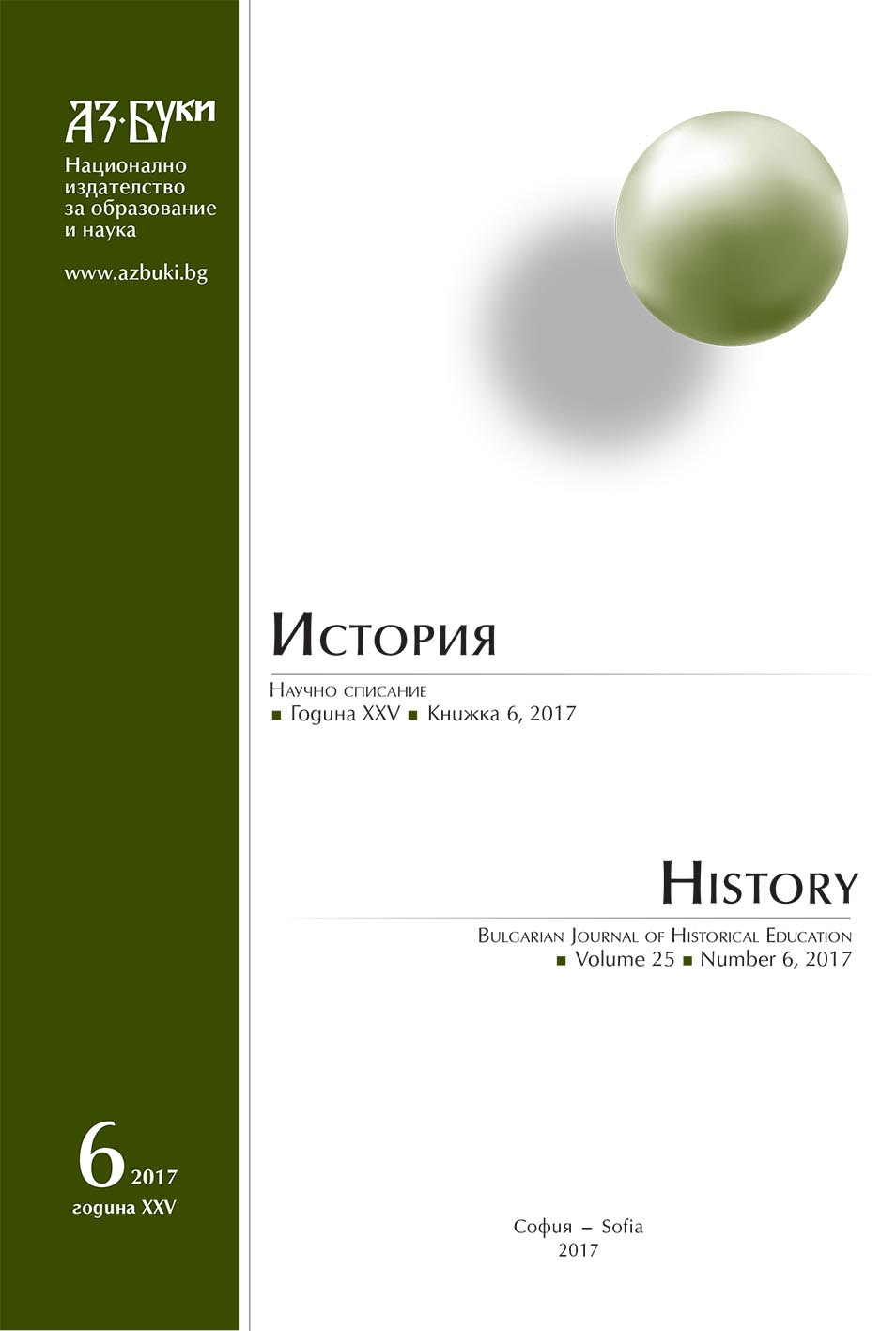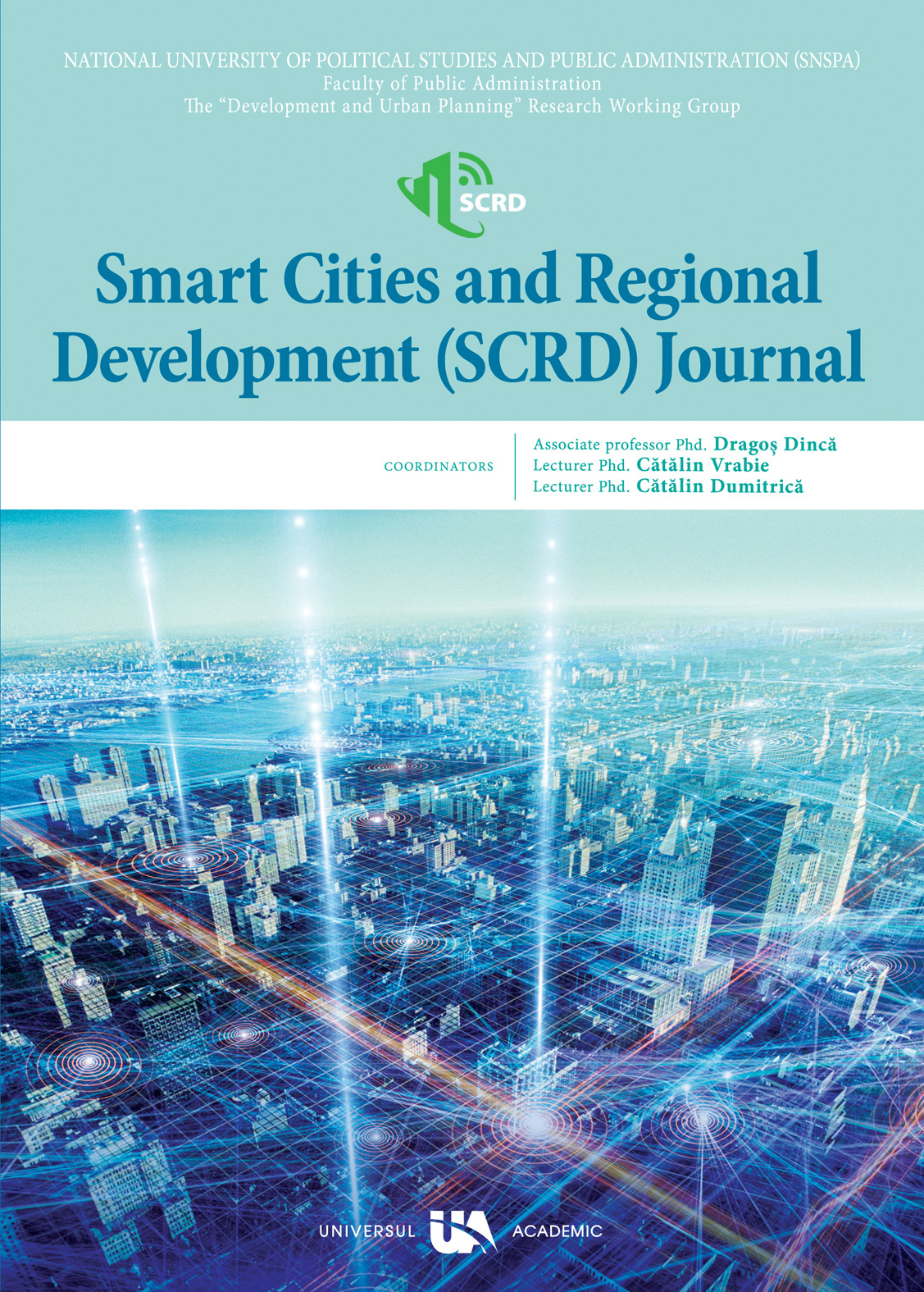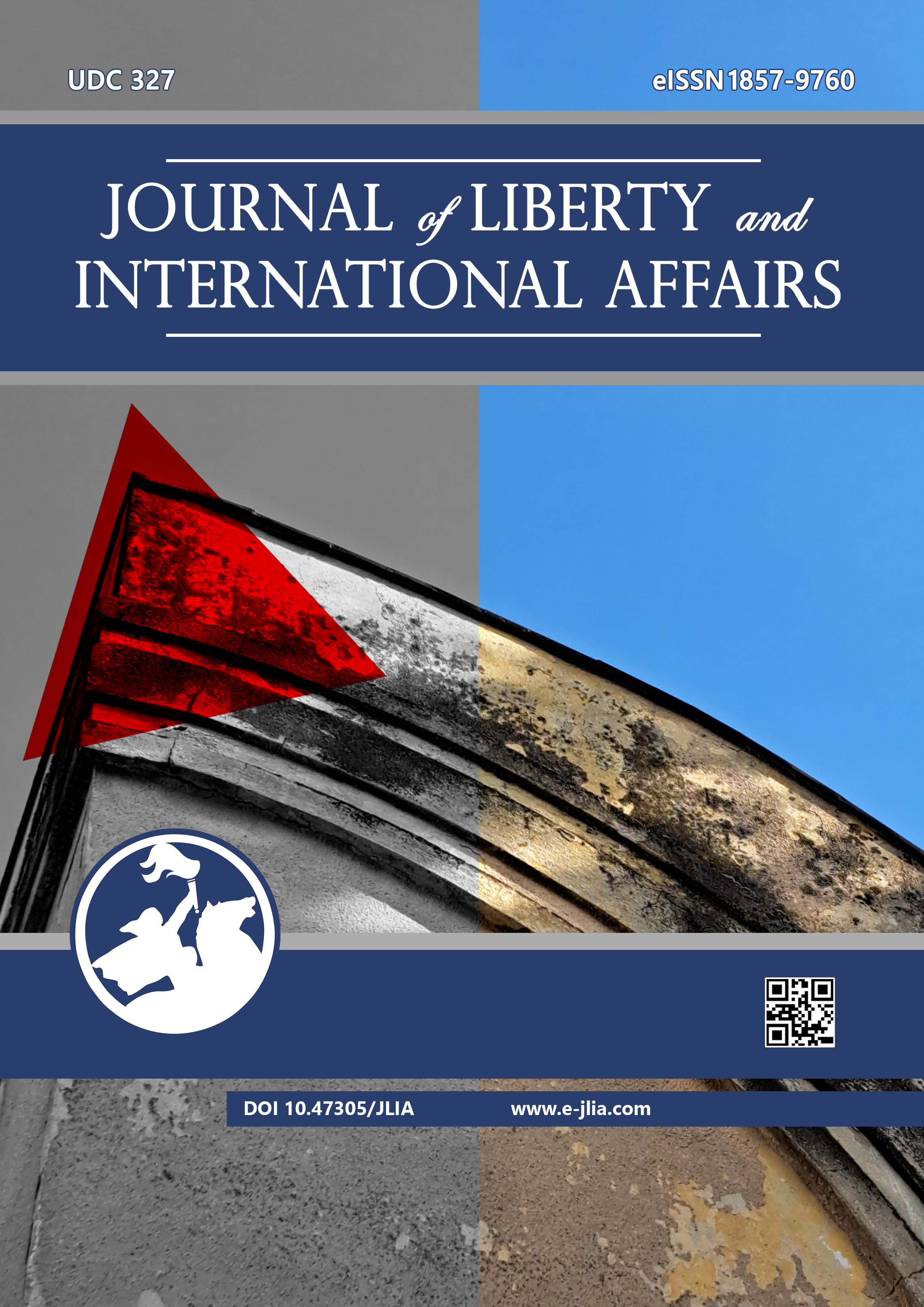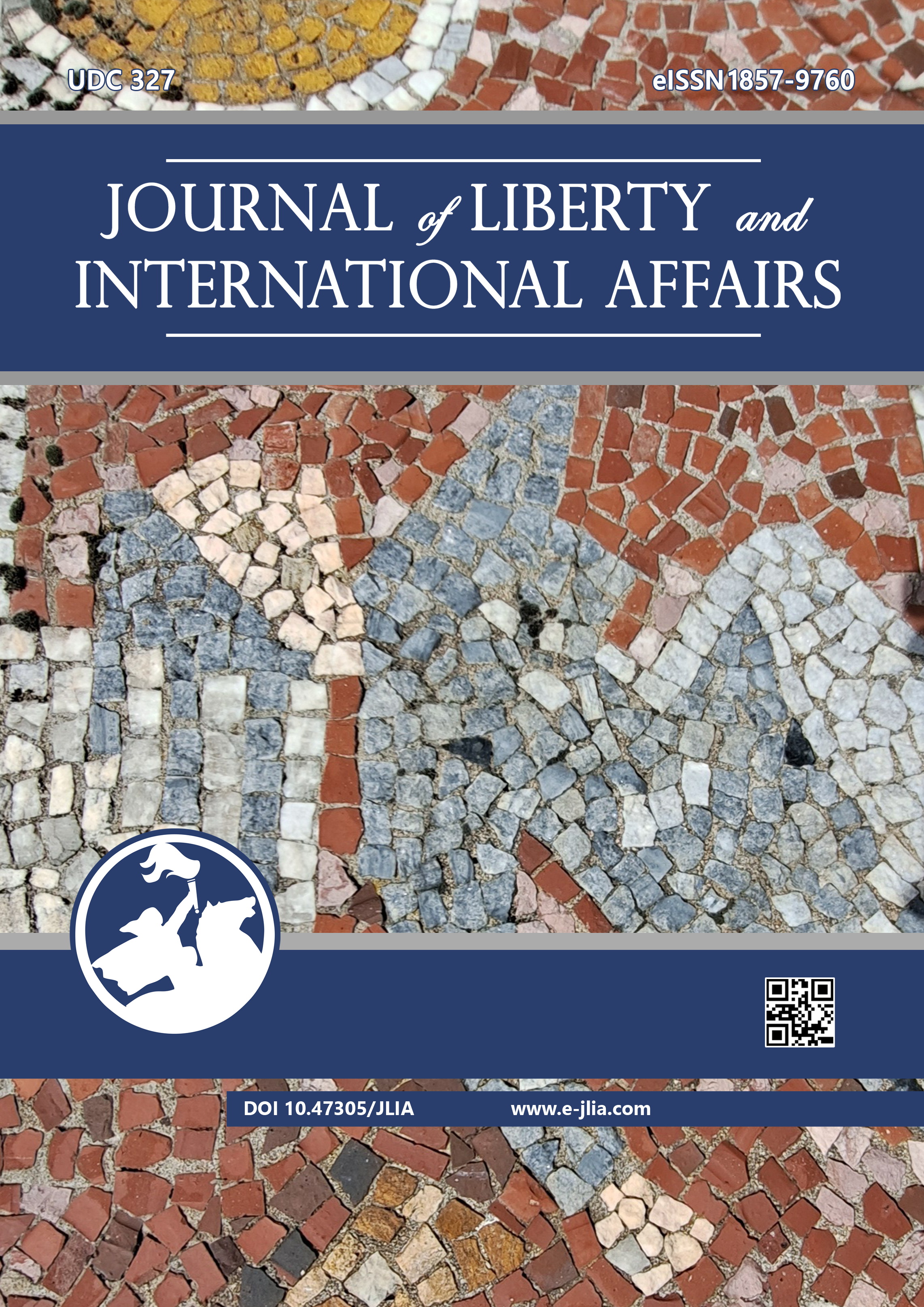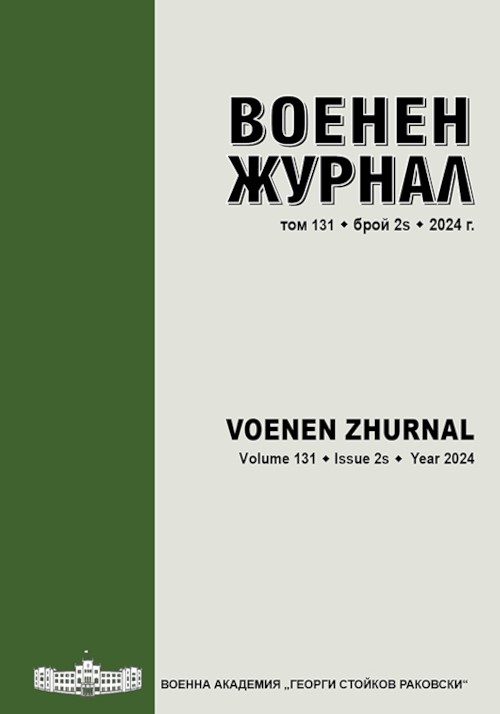
Dynastické majetky Arpádovcov a kráľovské lesy v strednom Šariši
Šariš existed within the large county of Novum Castrum (Ujvár) in the 11th – 12th century. In my paper, I attempt to more closely introduce the crucial medieval royal estates of Lipovec and Solivar, which belonged to the domain of Árpád dynasty in 12th – 13th century. They were the part of the royal Šariš forest (sárosi erdőispánság) in the neighborhood of the Slanské Hills. The proof of the existence of the royal Šariš forest can be found in historical sources in which it is mentioned mostly under the Latin term locus venationis or under the local Hungarian names, such as Nerlezhygh, Nyrlezhege, Nyrlyz; Bichachlesi, Bykachleswy, Bykachlesy; Keralzalasa, Kyralzallasa; Hulloudzalasa. All those names and terms suggest the existence of royal hunting lodges which were connected with royal road (via domini regis, magna via, via regalis) that kings used to move from one royal demesne to another. The royal roads linked the royal courts, villages and royal forests, where Hungarian rulers resided mostly because of hunting. On Árpád dynasty lands in middle Šariš, one could fi nd churches or chapels the patrons saint of which were the saints symbolizing the dynasty tradition and the cult of saints from the royal family (Saint Stephen, Saint Imrich and Saint Ladislav). The historical presence of the churches demonstrates that the mentioned estates belonged to Árpád dynasty in the 12th century, if not sooner.
More...

